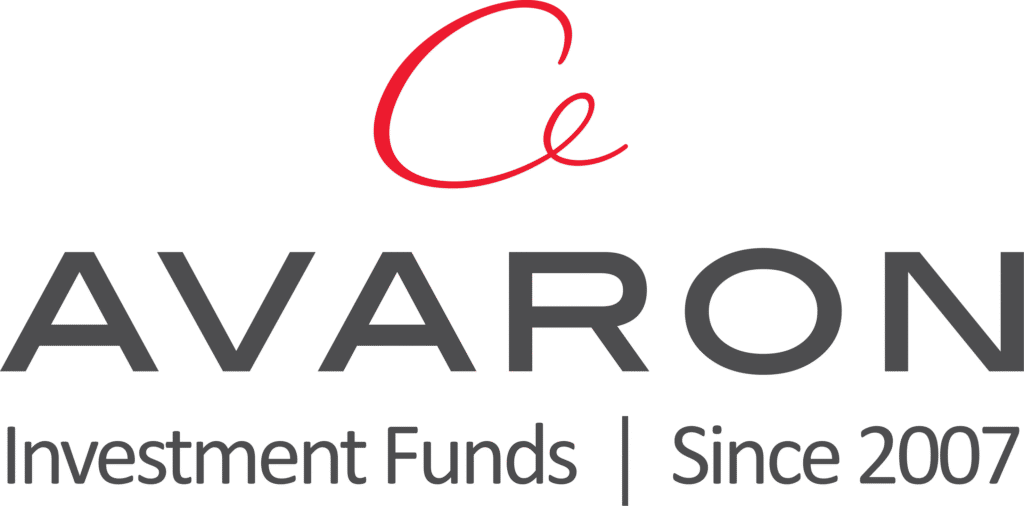Romania’s Presidential Election: Nicușor Dan Wins Runoff in a Pivotal Political Shift
A Controversial Campaign and a Historic Turnout
Romania experienced significant political turbulence heading into the re-run of presidential election in May. The Constitutional Court annulled the November 2024 election results just before the scheduled second round runoff, citing evidence of Russian interference that had propelled an ultra-nationalist Călin Georgescu into a shock first-round lead. Protests erupted in March when authorities barred Georgescu from the rerun vote. He is under criminal investigation for several charges, including participation in a fascist organisation and providing false information about campaign financing. The cancelled December vote placed Romania at the centre of a deepening rift between the Trump administration and European leaders over the meaning and protection of democratic values, with the former portraying the court’s ruling as proof that European governments were suppressing political opposition.
George Simion Leads First Round of Rerun
George Simion, the leader of the far-right Alliance for the Union of Romanians (AUR) emerged as a clear winner from the first round of the re-elections with 41% support, absorbing the voter base of the banned Georgescu and championing an anti-establishment, pro-sovereignty platform. Simion’s Eurosceptic rhetoric, vehemently opposing further military aid to Ukraine, while advocating for Romania to reclaim historic territories or unify with neighbouring Moldova has gotten him barred from entering Ukraine and Moldova. He campaigned on conservative values (e.g. rejecting same-sex marriage), railing against “globalist” influence in Romania.
Nicușor Dan Emerges as Reformist Challenger in Presidential Runoff
Bucharest mayor and founder of reformist Save Romania Union (USR), Nicursor Dan, who ran as an independent candidate edged out an important win in the first round against the ruling coalition candidate Crin Antonescu (20.8% vs 20.5%) to contest the second round. Serving as Bucharest’s mayor since 2020, Dan has built his reputation fighting corruption and tackling difficult municipal reforms. His campaign promised clean governance and institutional reform, pledging to “rid the state of corruption and inefficiency” and uphold Romania’s pro-EU, pro-NATO orientation.
Dan’s Victory Stabilizes Romania, But Forming a Pro-EU Government Remains a Challenge
Dan’s victory has profound implications for Romania’s political stability, governance, and institutional trajectory. In the near term, it averted an immediate political crisis that would have followed a Simion win. Simion had vowed to appoint the controversial Georgescu as his prime minister, a move that observers warned could trigger constitutional conflict and renewed street unrest. Moreover, with mainstream parties refusing to work with Simion, a far-right victory might have led to a deadlock or snap parliamentary elections. By contrast, Dan’s win significantly reduced policy uncertainty and political risk. Markets and international partners breathed a sigh of relief as the risk of an anti-EU administration dissipated.
That said, Romania’s governance challenges are far from over. The first task is forming a stable government that Dan can work with. The shock first-round elimination of the ruling coalition’s candidate (Antonescu) prompted Prime Minister Marcel Ciolacu to resign in early May, saying the government had no credibility left. To assure stability, Dan is expected to pick a reform-minded PM acceptable to the pro-EU parties that control parliament. His reported preferred nominee is Ilie Bolojan, a respected liberal politician, which has been well-received by markets. Whoever is chosen, they will likely head a broad coalition of at least three of the four pro-European parties to command a majority. The far-right AUR, which holds roughly one-third of the seats, will remain in opposition and isolated from power.
With no more national elections scheduled until 2028, a Dan-aligned government (even if a minority one) would have several years of governing runway to enact policies. Dan has indicated he will use his mandate to push for institutional reforms and restore public trust. His campaign emphasized strengthening the rule of law – for example, empowering anti-corruption agencies and depoliticizing public administration. His background as an activist suggests he will press for greater transparency and civic engagement in governance.
Economic Challenges: Tackling the EU’s Highest Deficit
The new president will also heavily influence economic policy direction, even though day-to-day economic management lies with the government and parliament. Romania enters this post-election period with serious fiscal imbalances and investor concerns that will need to be addressed promptly. In 2024, Romania’s budget deficit swelled to 9.3% of GDP, the largest in the EU. Brussels has already set a strict adjustment path for Romania. Under an EU-approved plan, Romania must cut its deficit down to 2.5% of GDP by 2031, implying years of belt-tightening ahead. In practice, the incoming government will likely need to implement austerity measures and revenue reforms on a faster timeline, since the European Commission projects Romania’s deficit to remain extremely high (8.6% in 2025 and 8.4% in 2026) without further action.
Dan campaigned on a relatively centrist economic platform. He emphasized efficiency and European funds over tax hikes. Notably, Dan ruled out new tax increases before the election, distancing himself from the unpopular tax hikes that the outgoing government had planned. Instead, he argues Romania can raise revenues by improving tax collection (Romania has one of the lowest revenue-to-GDP ratios in the EU) and by better absorbing EU development funds – essentially, leveraging external grants rather than squeezing the private sector. He also vows to cut wasteful spending, pointing to an inflated public sector where expenditures (especially on salaries and pensions) ballooned in the election run-up. In summary, under President Dan we can expect continuation of pro-business, pro-investment policies but with a renewed push against corruption and waste. If he can leverage his mandate to pass structural reforms (e.g. in state-owned enterprises, public procurement, and EU funds absorption), Romania’s economic outlook, currently clouded by twin deficits and high inflation, could improve markedly.

















